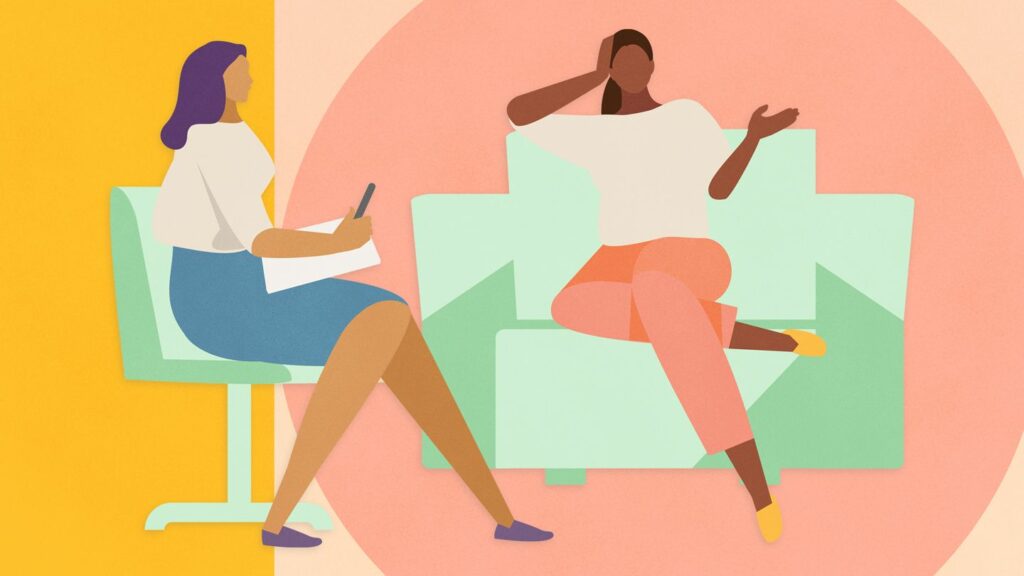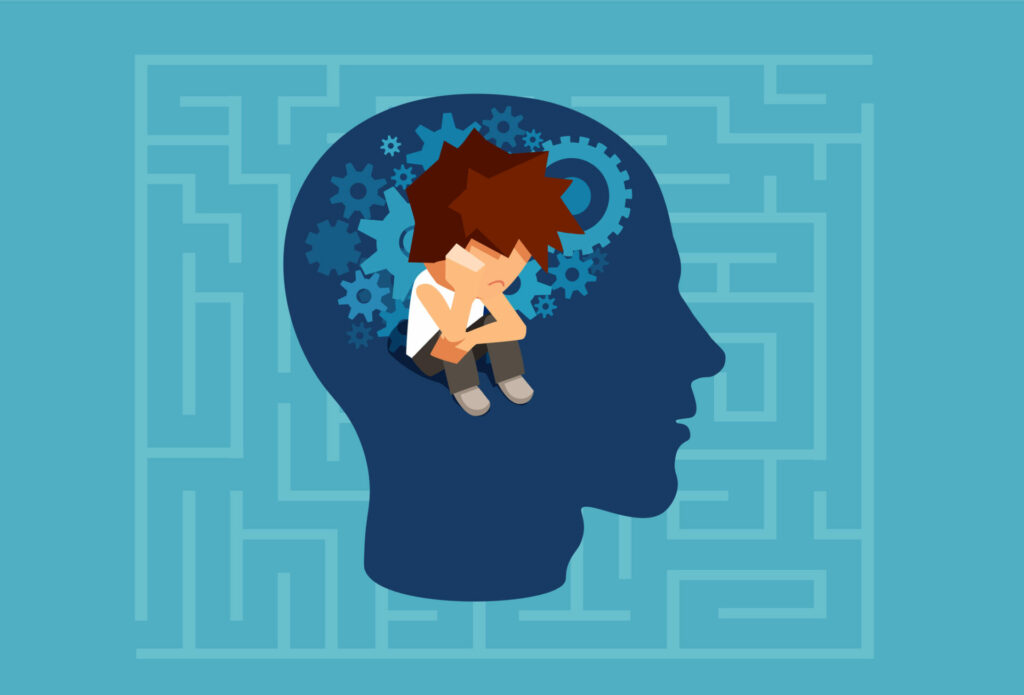If you are the parent of a child who has been recently diagnosed with ADHD, you may be feeling overwhelmed and unsure of what to do next. You may be wondering if your child will be able to lead a normal life and whether or not he or she will be able to attend school. In this blog post, we will discuss the basics of ADHD disability and what you need to know to provide your child with the best possible care.
Contents
What Does ” ADHD Disability” Mean?
ADHD disability means that a person has been diagnosed with ADHD by a qualified mental health professional and that the symptoms of ADHD significantly interfere with or prevent the person from functioning in one or more major life activities.
ADHD is not just a childhood disorder. It is estimated that between four and eight percent of adults have ADHD, although many adults with ADHD are undiagnosed. Adults with ADHD may have difficulty holding down a job, maintaining relationships, or keeping up with the demands of daily life.
There is no one-size-fits-all approach to treating ADHD, but there are many effective treatments available. Some people with ADHD may benefit from medication, while others may find that behavioral therapy or other interventions are more helpful.
If you think you or someone you know might have ADHD, it’s important to see a qualified mental health professional for an accurate diagnosis and treatment recommendations. With proper treatment, people with ADHD can lead happy and successful lives.
Some Facts About ADHD Disability

There are some facts of which you may not be aware when it comes to ADHD and disability. Here are a few things you should know:
ADHD is the most commonly diagnosed mental disorder in children
One of the most common questions asked about ADHD is what causes it. Unfortunately, there is no definitive answer. However, experts believe that it is likely caused by a combination of genetic and environmental factors. Sometimes, specific events or trauma can trigger the onset of ADHD in an individual who is predisposed to it.
It’s estimated that between 30-50% of individuals with ADHD also have another mental disorder
ADHD often co-occurs with other mental disorders, such as anxiety and depression. This is why it’s so important to seek professional help if you suspect you or your child may have ADHD. A qualified mental health professional can conduct a thorough evaluation and rule out other potential causes of symptoms.
ADHD can have a significant impact on an individual’s quality of life
If left untreated, ADHD can lead to problems with school, work, and relationships. It can also increase the risk of substance abuse and other risky behaviors. Thankfully, there are effective treatments available that can help people with ADHD manage their symptoms and live happy, productive lives.
ADHD can persist into adulthood, and symptoms may worsen during periods of stress
This fact is one of the most important things to know about ADHD. Many people mistakenly believe that ADHD is a childhood disorder that goes away after adolescence. However, research shows that ADHD can persist into adulthood, and symptoms may even worsen during periods of stress. This is why it’s so important to get help if you think you or your child may have ADHD. With proper treatment, most people with ADHD can live happy and successful lives.
ADHD is a real, serious condition that can have a significant impact on an individual’s life. If you think you or your child may have ADHD, don’t hesitate to seek professional help. A qualified mental health professional can conduct a thorough evaluation and develop an appropriate treatment plan. With proper treatment, most people with ADHD can lead happy and successful lives.
How To Overcome ADHD Disability

Overcoming ADHD disability can be difficult, but it is possible. Here are some tips to help you overcome ADHD disability:
Find a support group
One of the most helpful things you can do is to find a support group. There, you will meet people who understand what you are going through and can offer helpful advice. Sometimes, just knowing you are not alone can be a huge help.
Talk to your doctor
Your doctor can offer advice and medication that can help you manage your ADHD. They can also refer you to other resources, such as therapists or support groups. Sometimes there can be a lot of trial and error to find the right medication or combination of medications, so don’t get discouraged if it takes some time.
Exercise
Exercise has been shown to help with ADHD symptoms. It can help you focus and improve your mood. Even just a short walk can be helpful. These exercises may not be a cure, but they can certainly help improve your symptoms.
Get organized
One of the challenges of ADHD is that it can be difficult to stay organized. This can lead to feeling overwhelmed and stressed. But there are some things you can do to help with this. For example, you can use a planner or make lists to help you keep track of what you need to do. You may also want to try a few different organization methods until you find one that works for you.
Cut back on distractions
Distractions can make it even harder to focus if you have ADHD. So, it’s important to try to limit them as much as possible. However, This might mean turning off the TV, putting away your phone, or working in a quiet room. Find what works for you and stick with it.
Don’t be too hard on yourself
It’s important to remember that ADHD is a real medical condition. It’s not something you can just “snap out of.” So, don’t be too hard on yourself if you have trouble focusing or staying organized. Just do the best you can and know that there are people who understand what you’re going through.
Create a routine
Routines can help people with ADHD stay on track. Having a set schedule for each day can make it easier to focus and avoid getting sad. Breaking tasks down into smaller steps can also help. For example, if you need to clean your house, break it down into smaller tasks like vacuuming or dusting.
Make time for relaxation
Relaxation time is important for everyone, but it can be especially helpful if you have ADHD. This might include things like reading, taking a bath, or listening to music. Taking some time each day to relax can help you manage your symptoms and reduce stress.
Find what works for you
There is no one-size-fits-all solution for ADHD. What works for one person might not work for another. So, don’t be afraid to experiment until you find what works best for you. And don’t forget to ask for help when you need it. Some people want to see you succeed.
These are just a few tips to help you overcome your ADHD disability. If you find yourself struggling, don’t hesitate to reach out for help. There are many resources available to support you on this journey.
Conclusion
ADHD dіѕаbіlіtу саn be a very difficult thing to deal with. However, it is important to remember that you are not alone. There are many resources available to help you cope with your disability. With the right support, you can lead a successful and fulfilling life.
If you think you may have ADHD, talk to your doctor. They can help you get the treatment and support you need. Remember, there is no shame in seeking help for your disorder. With the right assistance, you can overcome any obstacle in your life.
Hope this article was of help to you! If you are suffering from mental health disorders, you may seek help from Therapy Mantra. We have a team of highly trained and experienced therapists who can provide you with the tools and skills necessary for overcoming mental health disorders. Contact us today to schedule an online therapy or download our free Android or iOS app for more information.


